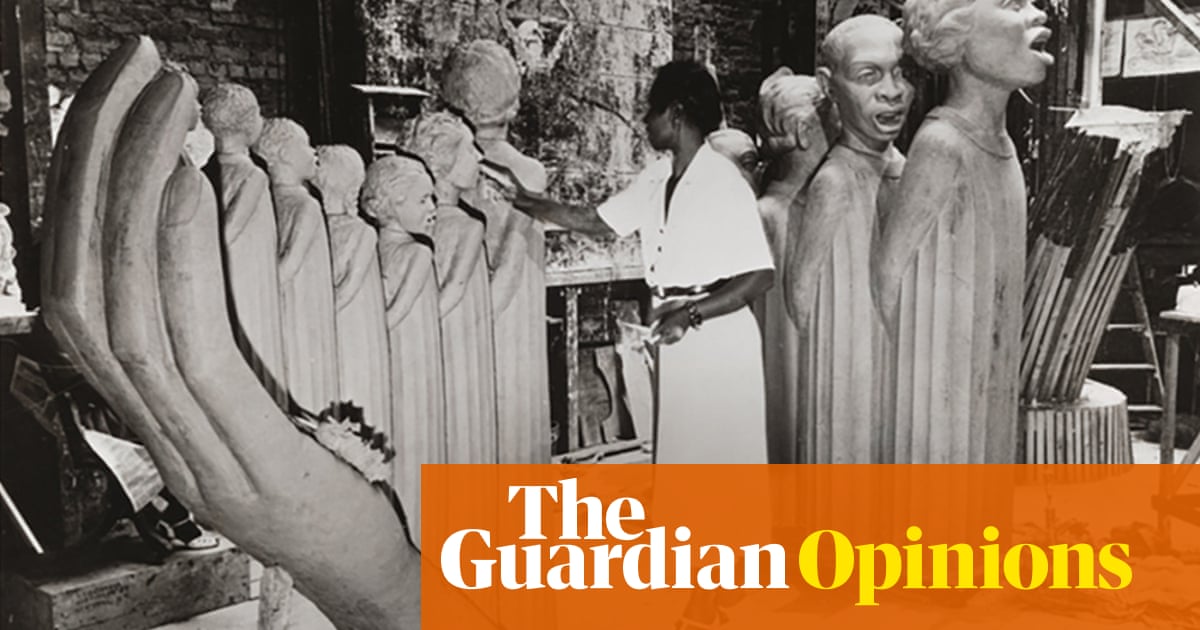
When the Afghan government collapsed last August and the Taliban took control of the country, the US quickly froze the Afghanistan central bank’s assets. The idea was to prevent any utilization of the resources by the Taliban government. Very few Afghans knew much about such assets and their value until they were frozen. It later became known that the amount frozen was about $9 billion, out of which $7 billion had been deposited at the Federal Reserve Bank of New York, with the rest sitting in European banks. The reason the former Afghan government chose the US federal bank was the high amount of trust in the institution and its worldwide credibility. The recent decision by the US government to make half of the $7 billion it froze available for compensating the families of 9/11 victims, while using the rest for humanitarian relief in Afghanistan, has come as a big shock for Afghans around the world.
Ever since the freezing of these assets by the US government, the Taliban have been consistently calling for their release. Few in Afghanistan know the actual purpose of the precious foreign currency reserves that are kept outside of the country. Many believe these assets serve as backup funds to help the Afghan government in times of dire need or emergency, when alternative means of financing become unavailable. Although governments have the authority to utilize such funds in extreme situations and financial emergencies, this should only be done as a last resort. The actual purpose of these hard-earned foreign currency reserves is to give stability to Afghanistan’s central bank and monetary discipline to the value of the afghani, the national currency.
The decision by the US government to split the assets has provoked feelings of grief and despair among Afghans in every corner of the world. They are surprised that the de facto rulers of Afghanistan are being legally associated with the country’s people, who are the real owners of these assets. An absolute majority of Afghans think these funds belong to them rather than the Taliban.
There are also concerns that committing $3.5 billion to humanitarian relief — effectively putting this large sum at the disposal of nongovernmental organizations — might be the least effective way to help Afghans, unless proper measures are put in place. As I wrote in a previous Arab News column, the local NGOs have a poor track record of distributing aid. If channeling such funds through NGOs becomes inevitable, they must be held accountable for whether they act like profit or nonprofit organizations.
The Afghan reaction on social media to the US decision on the fate of the Afghan funds was characterized by strong emotions. US Secretary of State Antony Blinken tweeted shortly after the decision that the purpose of the move was to make a substantial portion of the frozen assets available for the benefit of the Afghan people. However, the Afghans’ response has been highly critical. According to White House officials, the decision marked an important step in unlocking the funds to help desperate Afghans, with more than 95 percent of the population expected to be living in poverty by mid-2022.
The decision by the US government to split the assets has provoked feelings of grief and despair among Afghans in every corner of the world.
Ajmal Shams
Although President Joe Biden’s executive order will unlock the funds, the decision to distribute half among families of the 9/11 victims is subject to a court decision. Afghans have little hope that the verdict will block their assets being used for other purposes. This is partly driven by Afghans’ lack of experience with an independent judiciary, with the courts in Afghanistan traditionally used by the executive for political purposes.
Amid all the criticism in the wake of the decision, we should not forget the tens of billions of dollars the US spent on Afghanistan’s reconstruction and development during its 20-year presence. These funds could have achieved far better results had they been used more wisely and efficiently. However, Afghans must hold their own leaders accountable before pointing fingers at others.
At this point, it may be highly unlikely that the US government will reverse its decision on the use of the Afghan assets. While waiting on a decision in the courts, the Afghans have a chance to advocate with the families of the 9/11 victims not to seek compensation from the money that belongs to about 40 million grieving people. There is not a single Afghan family that has not lost a loved one during the past four decades-plus of war and conflict. We also feel pain and suffering as a result of the tragic events of 9/11.
Ajmal Shams is Vice-President of the Afghanistan Social Democratic Party and a former Deputy Minister in the Afghan Government. Twitter: @ajmshams
Disclaimer: Views expressed by writers in this section are their own and do not necessarily reflect Arab News" point-of-view












